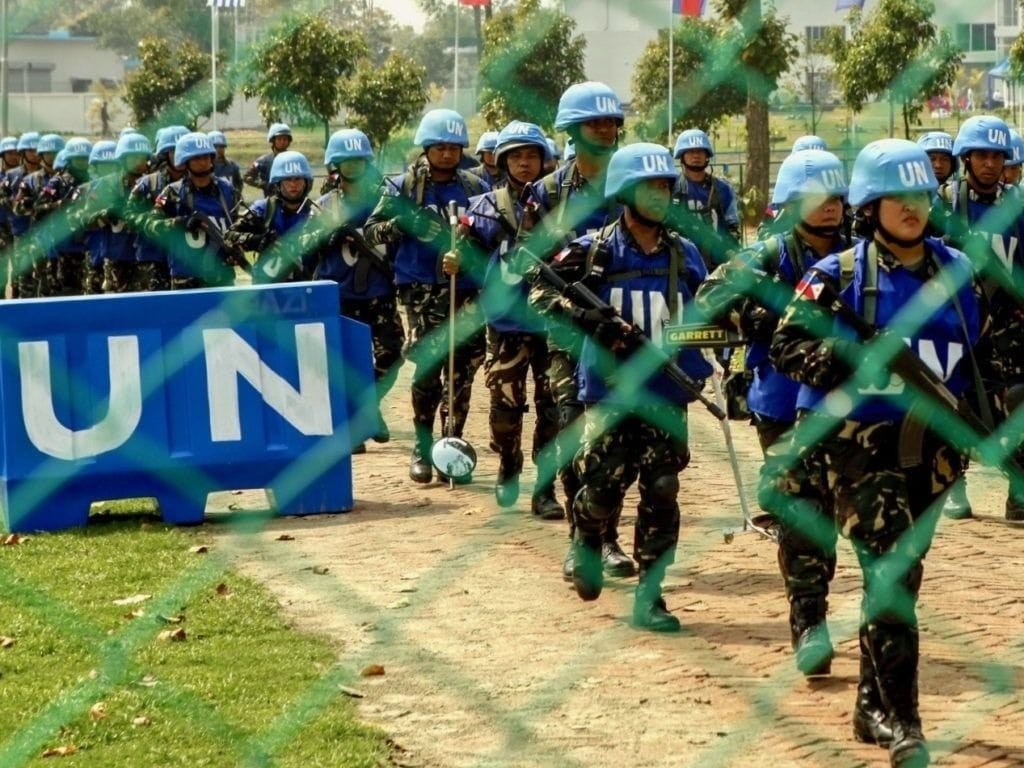UNITED NATIONS (AN) — Six nations including the United States pushed for more accountability in U.N. peacekeeping operations at a high-level gathering to review progress on eliminating mismanagement, sexual abuse and other violence.
The meeting at the U.N.'s headquarters in New York on New York was organized by the United States — a permanent U.N. Security Council member that provides $1.7 billion a year for the U.N.'s $6.5 billion annual peacekeeping budget — along with peacekeeping contributor nations India, Portugal, Senegal, Uruguay and Vietnam.








